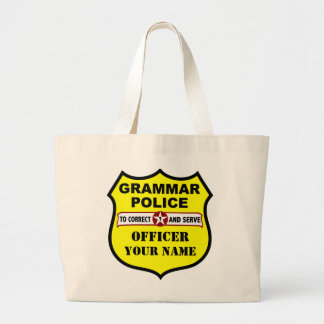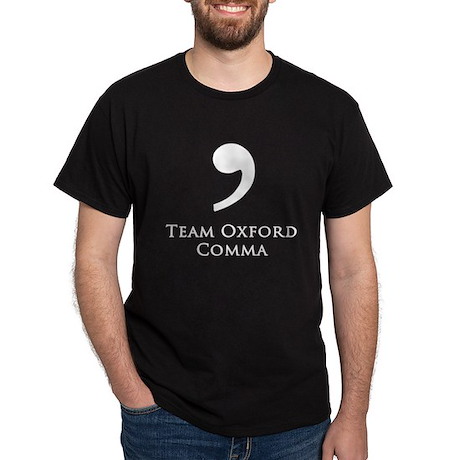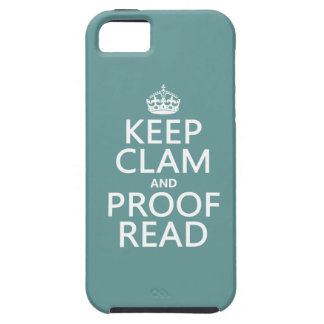I admit it. I'm starting to give up on books more often than I used to. A wise friend of mine has a rule of thumb about finishing books: "if you're under 30, give every book 100 pages to hook you. If you're over 30, give it 50." I think she understands the natural impatience of youth, and the often natural stick-to-it-iveness of maturity. Sometimes we need to give authors a chance, sometimes we need to cut our losses and move on.
As I've set aside a few books, I got thinking about what makes me, personally, cut my losses. And as I did so, I realized a very helpful blog series might grow around these areas. So today I'll be simply laying out "the problem" and ask for your input as well. In future posts, I'll address how to avoid these pitfalls in your own writing.
Top ten reasons I stop reading
1. Riddled with errors
 |
| photo by verbaska, morguefile.com |
Frequent errors in spelling, grammar, usage, syntax, punctuation, and formatting immediately pull me out of the story and make me want to reach for my red pen. Frankly, I don't want pleasure reading to feel like work.
2. Annoying voice
I really love witty, sarcastic narrators, but there can be a fine line between sarcasm and obnoxiousness. The ones that make me shut the book rather than read on are deeply mean-spirited types who always put others down, and/or are self-absorbed complainers.
3. No one to root for
Yes, characters need flaws to be realistic. But if every character is all flawed all the time, it's as boring as reading a book full of Mary Sues. As a reader, I simply stop caring if none of the characters has a redeeming quality to give hope for change and growth. Because change is the essence of plot, and hope the one emotion your reader most wants to have stirred. So sure, bring on the scarred and damaged, but if they're all about simply lashing out or wallowing, I'm moving on.
4. Garbled action
To use a theatre metaphor, fiction needs to be properly blocked. That is, the key characters and actions should be put in a focal place (not upstaged by the extras), and all movements should be presented in a manner that makes sense and flows. Action scenes with too much going on all at once, with no clear sense where the characters are, and how they are moving in space--and in relation to one another--is simply confusing rather than exciting.
5. Cliched
If the story feels like I've heard it before, all the characters are
standard types, and no one does anything surprising, I'm bored.
6. Predictable
The predictable plot usually flows out of clich
éd characters and scenarios. Or perhaps the plot complications are too obvious and obstacles too easily overcome.Sometimes predictability comes about because the writer hasn't mastered advanced techniques such as
narrative misdirection--getting the characters focused wrong information some of the time (aka "red herrings"). If I get to page 50 with no real surprises, I tend to give up.
7. Implausible
Plots that hinge too much on coincidence make my skeptic-ometer alarm peal. Random coincidences seem to happen all the time in real life, but dig deeper and there's often some history that led to the moment. Cheap epiphanies, in which characters "see the light" after one minor shake-up, do not a plausible story make. Real change is slow, incremental, and includes some failure and steps backward.
In this category I also lump things like "insta-love" and "insta-reform" (the latter crops up in religious fiction far too often).
8. Stilted
If the writing lacks naturalness, either the narrative voice or dialogue, it pulls me out of the story. Contemporary stories need to sound like they're recording real people. Historical fiction, fantasy and SciFi similarly need to reflect the milieu in which they are set.
9. Thin
Some novels seem like only the skeleton of a story. There's a plot, but it zips along so fast, I never catch my breath. The characters' personalities and relationships are superficial. Thin stories tend to have only a main plot (no subplots) and secondary characters that are all essentially extras, like Detective #3 in a police procedural TV show.
10. Bad fit for my tastes
I have no stomach for graphic violence, and I prefer not to ingest much foul language or graphic sexual content. The proverb "Guard your heart, for it is the wellspring of life," is something I consider when choosing reading material. I want books to help me become more empathetic, not harden me or encourage my vices. Others have different no-go areas and preferences.
What makes YOU stop reading? Any additional categories to add?






































